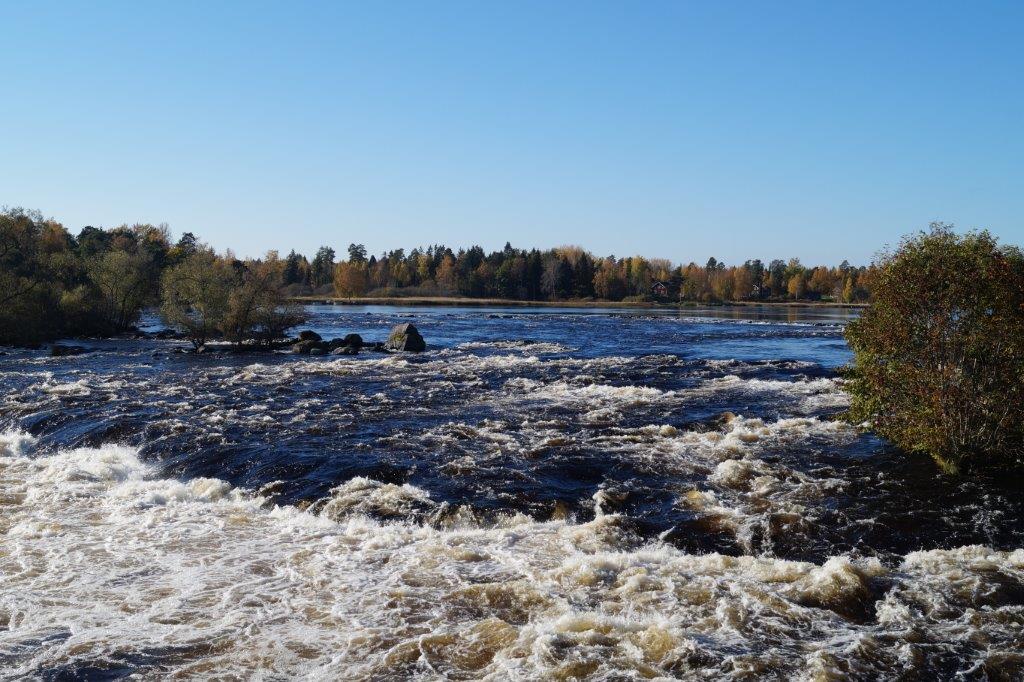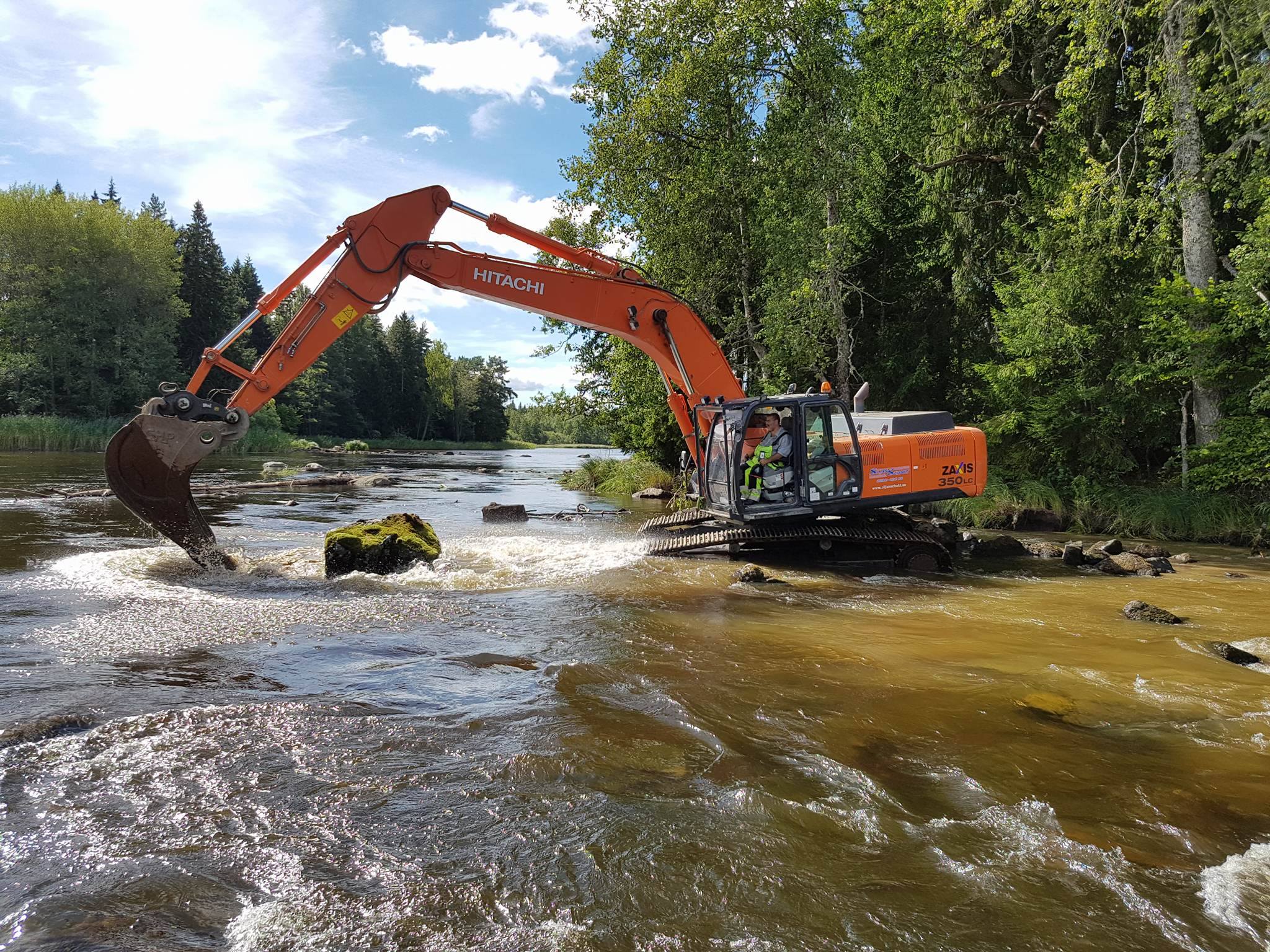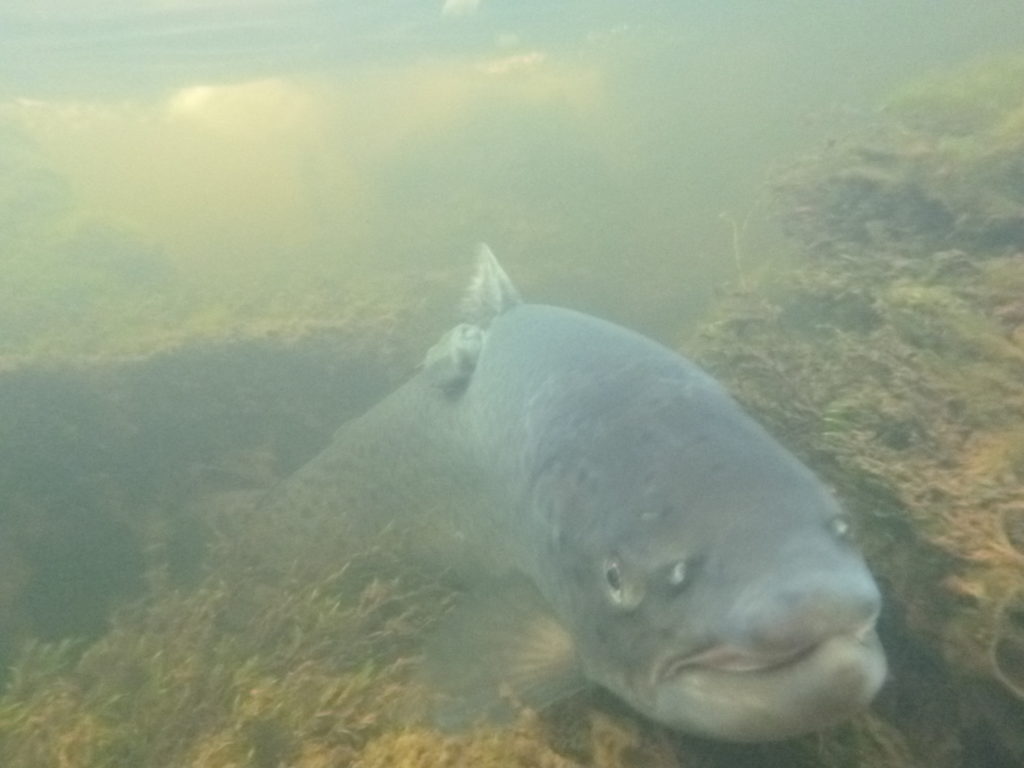Posted by Karl Filipsson |
Events,
Projekt Klarälven
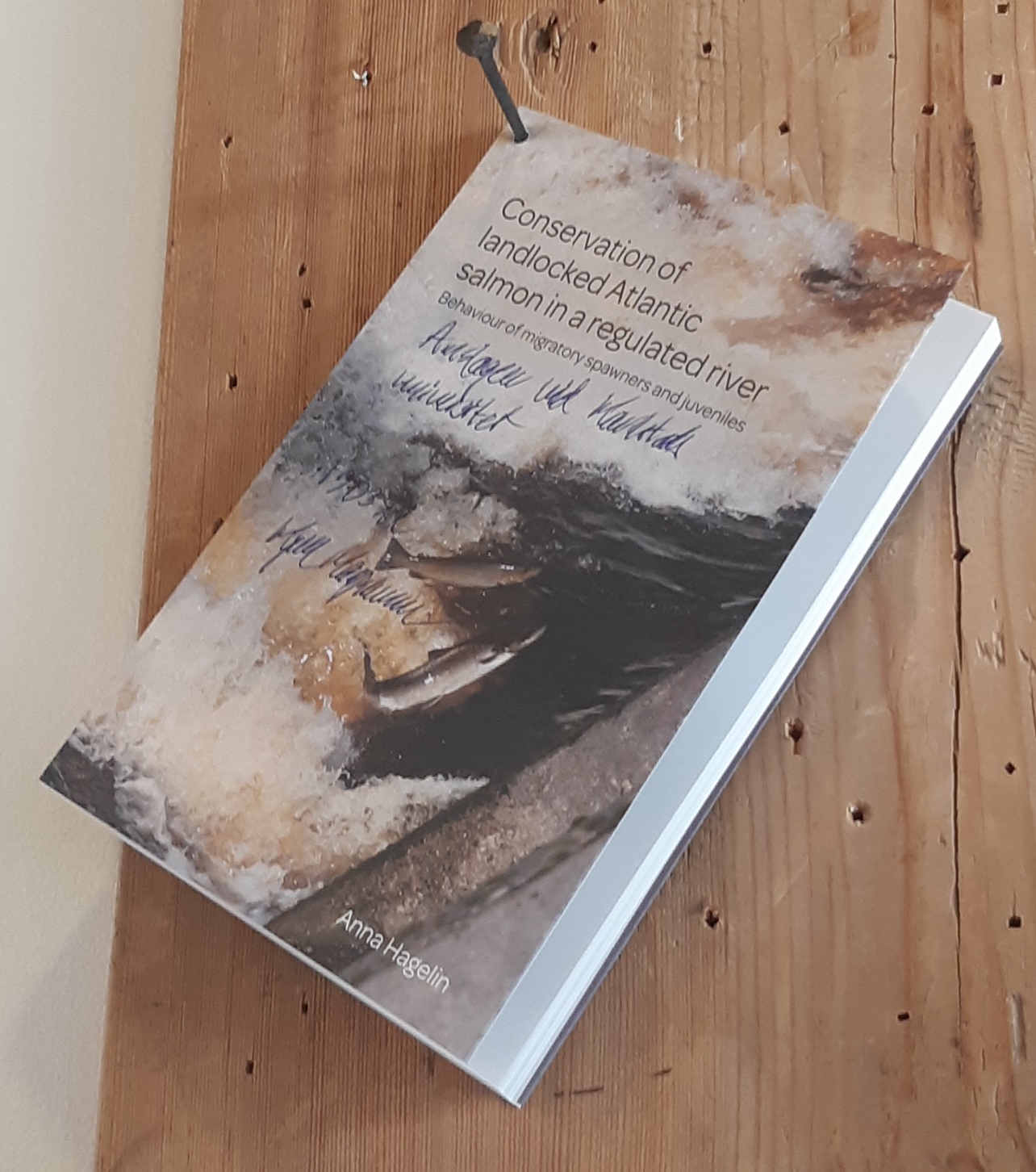
Anna Hagelin’s PhD thesis nailed at the main entrance at Karlstad University.
PhD-defense: Conservation of landlocked Atlantic salmon in a regulated river
On Friday 12 April, Anna Hagelin will defend her PhD-thesis “Conservation of landlocked Atlantic salmon in a regulated river – Behaviour of migratory spawners and juveniles”. The defense will take place at 10:00 in room 1B309 (Sjöströmssalen) at Karlstad University. Everyone is welcome to attend the defense.
Ian Fleming (Memorial University of Newfoundland (Canada) will be the opponent and Jaakko Erkinaro (Natural Resources Institute, Finland), Eva Thorstad (Norwegian institute for Nature Research, Norway) and John Armstrong (Marine Scotland Science Freshwater Fisheries Laboratory, Scotland) constitute the grading committee.
Mini-symposium on Atlantic salmon
On Thursday 11 April, a mini-symposium on Atlantic salmon will be held in room 5F322 at Karlstad University, where the visiting researchers will give presentations:
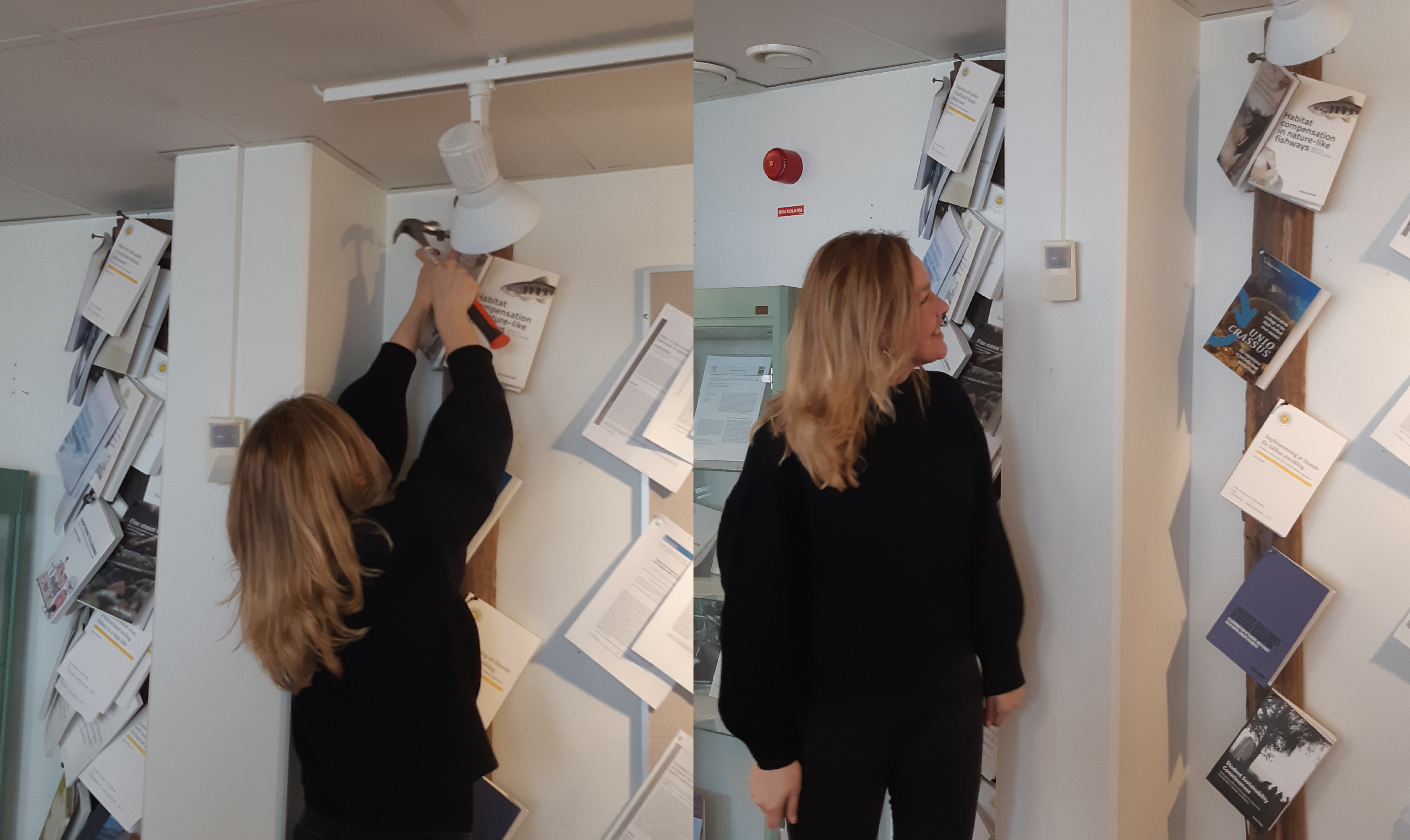
Anna Hagelin nailed her thesis at the biology department at Karlstad University on Friday 22 March.
14:00-14:30: Ian Fleming, Memorial University of Newfoundland. Life-history dependent migration strategies in Atlantic salmon
14:30-15:00: Jaakko Erkinaro, Natural Resources Institute Finland. Diversity in Atlantic salmon – evolutionary ecology and management implications
15:00-15:30: Coffee break
15:30-16:00: Eva Thorstad, Norwegian Institute for Nature Research. Status of salmon in Norway and importance of the ocean phase
16:00-16:30: John Armstrong, Marine Scotland Science Freshwater Fisheries Laboratory. Current and future applications of science for management of salmon in Scotland
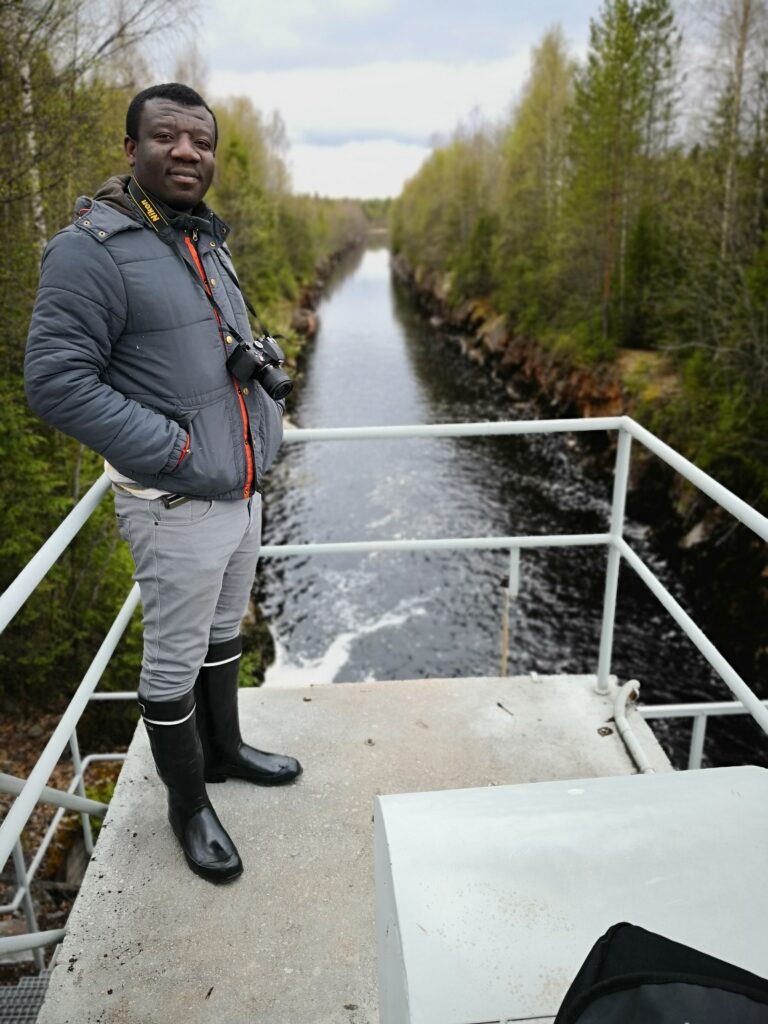
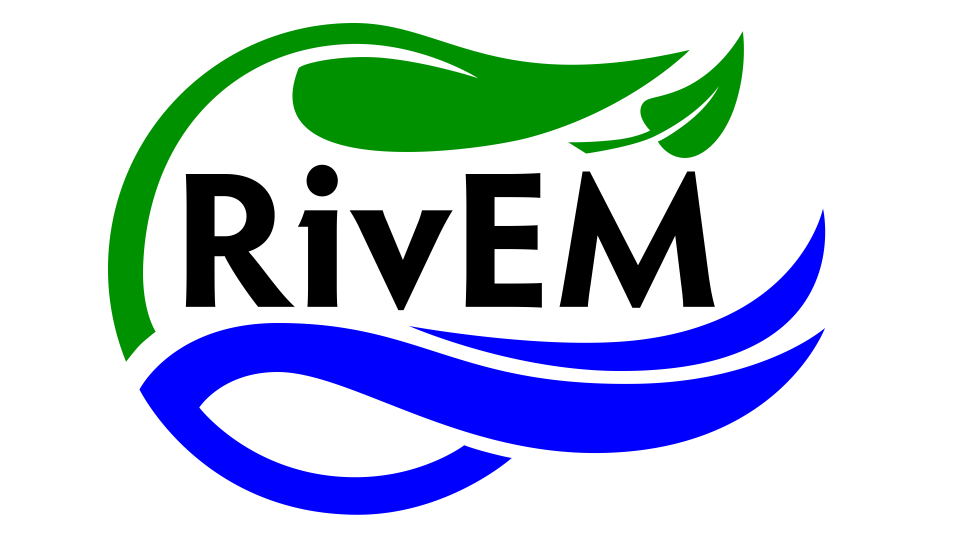


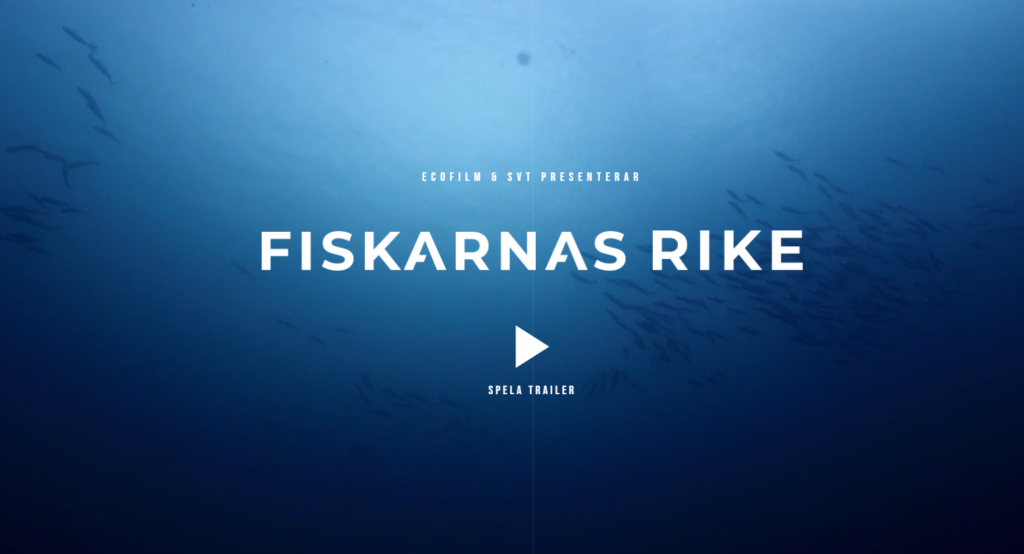
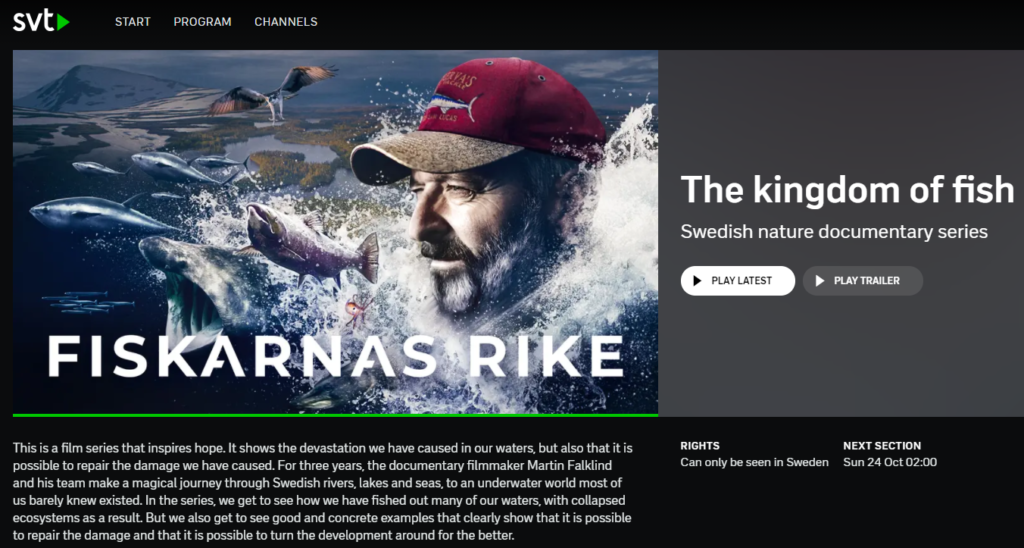
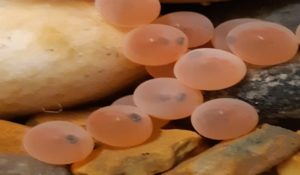
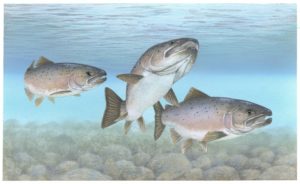
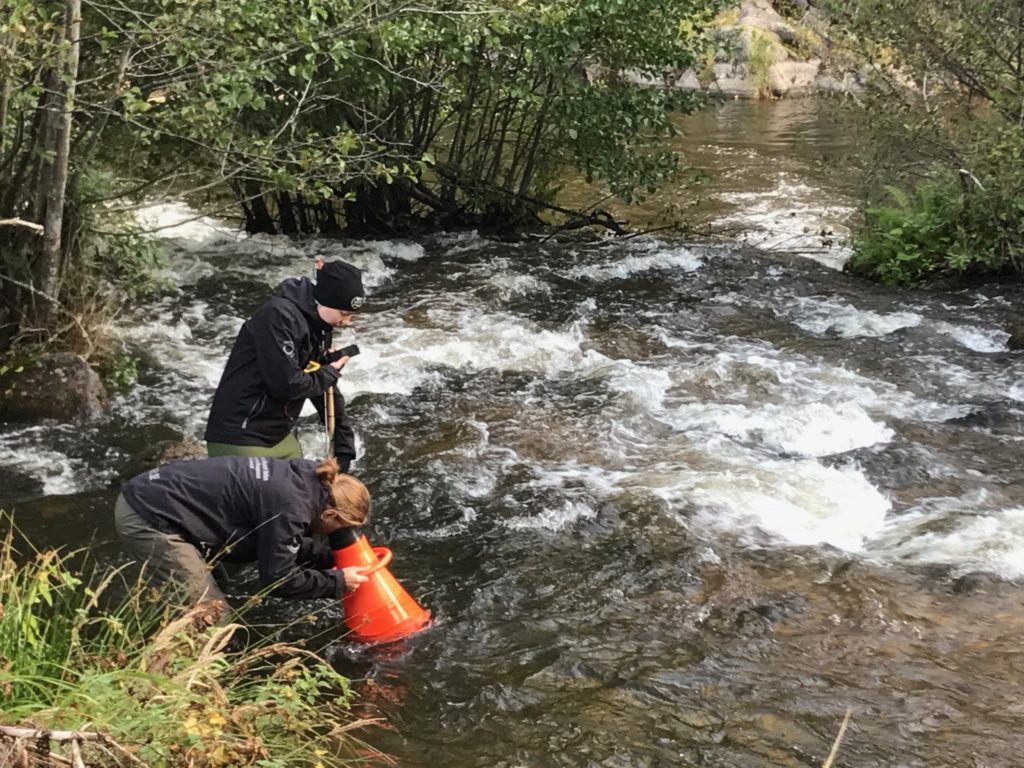
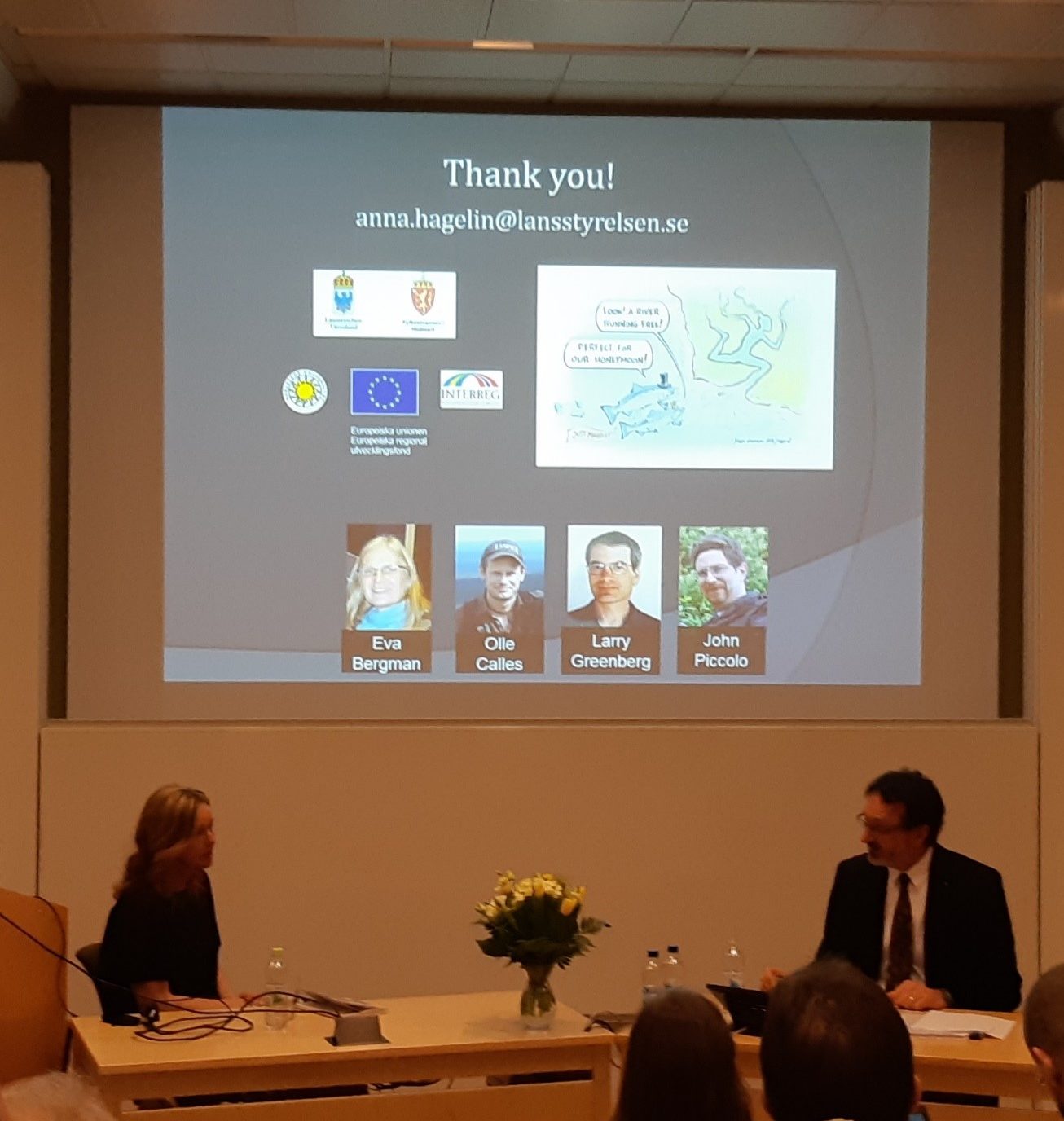


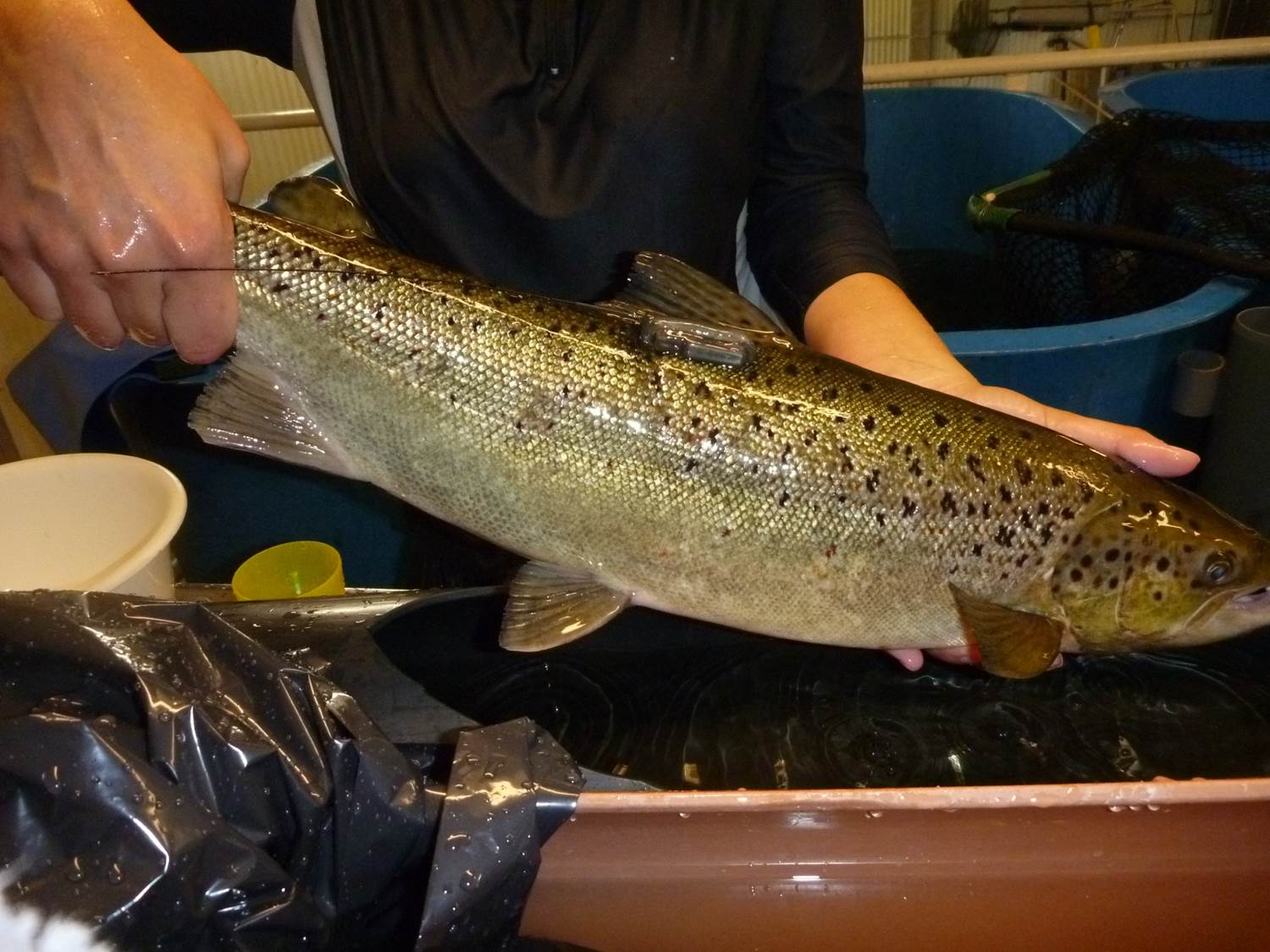 On Tuesday 5 March (tomorrow)
On Tuesday 5 March (tomorrow) 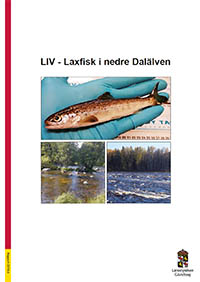 För några veckor sedan, 8 mars, publicerades ett inlägg på nrrv.se om
För några veckor sedan, 8 mars, publicerades ett inlägg på nrrv.se om 